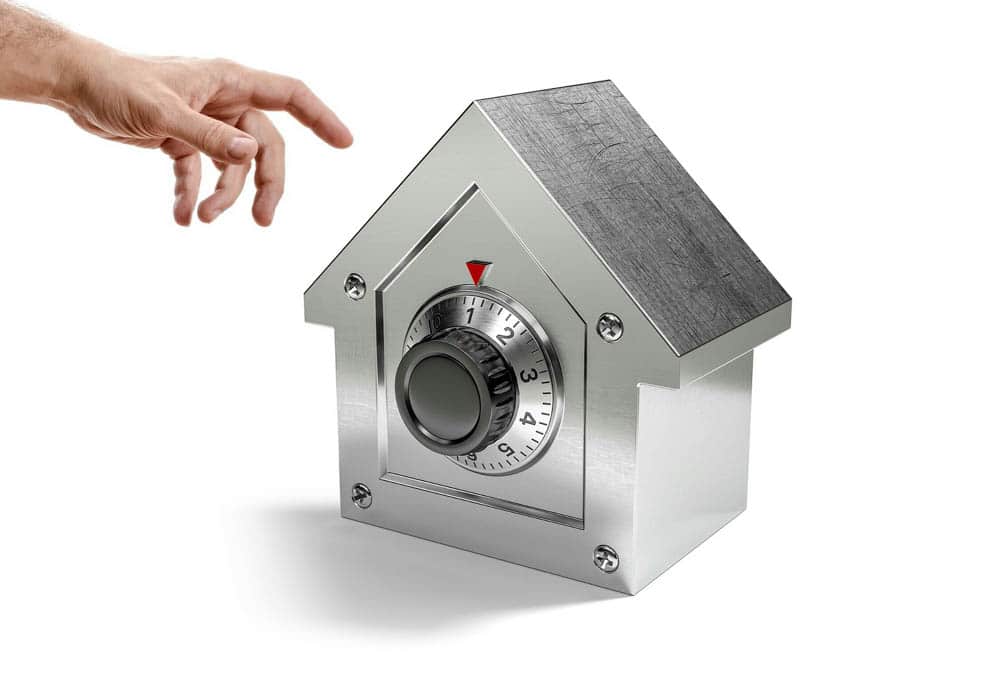

MADE MY PROPERTY RENTAL
Me Jean-François Marti, BM Avocats:
Before offering his property for rent, a landlord will be confronted with a number of questions, which it would be good to understand in order to ensure an efficient and serene rental. Given the breadth of legislation and case law on tenancy law and the interaction of tenancy law with other laws, this contribution is in no way intended to be exhaustive and aims to present some useful concepts on the subject.
A WRITTEN CONTRACT?
The law does not require any form for entering into a lease agreement. However, the establishment of a written lease is highly recommended, so as to specify the essential elements of the contractual relationship. Before drawing up a lease agreement, a wise lessor should consider, among other things:
WHAT IS THE PURPOSE?
Apartment, villa, commercial space, parking, each of these properties can be offered for rent.
If renting a home, the owner will be able to choose whether to rent it furnished or unfurnished. In the case of a furnished rental, it is mandatory to establish an inventory of the furniture. It should be noted that, contrary to a widely held belief, the rental of a furnished apartment does not in any way escape the rules of tenant protection.
If the property includes outbuildings (cellar, garage, parking lot) made available to the tenant, this should be specified in the contract; if it benefits from a garden, it is important to settle the question of its maintenance, usually at the expense of the tenant.
For commercial rentals, it is advisable to specify the purpose of the premises and to ensure its compatibility with the building and its environment.
In addition, the owner of a property subject to condominium ownership (PPE) should review the deed of incorporation and the PPE administration and use regulations (RAU) to ensure that his or her rental proposal complies with PPE rules.
TO WHICH TENANT?
The term “tenant” may describe an individual or a corporation.
The prospective lessee must provide the prospective lessor with the information necessary to review his or her application; this information will vary depending on the nature of the property being leased (housing/commercial space) and the status of the lessee (individual/corporate entity).
It is essential to ensure the solvency of the tenant: if the tenant is a natural person, it is usual to request a copy of an identity document (and a residence permit for foreigners), a copy of the last three payslips or an income certificate issued by the employer, as well as a recent certificate from the Office des poursuites. References may be required. In the case of a legal entity, an extract from the Trade Register as well as the latest balance sheet(s) or profit and loss account will generally be requested, in addition to the certificate from the Debt Enforcement Office.
<p style=”text” style=”text” style=”text” style=”text” style=”text” style=”text” style=”text” style=”text” style=”text” style=”text
Other documents and information may be required depending on specific circumstances, provided they are necessary for the conclusion of the contract.
If there is more than one tenant, it is advisable to state in the lease that they are jointly and severally liable, each of them being responsible for the entirety of the obligations arising from the contract, including the rent.
With regard to a dwelling, it should be remembered that the spouse and registered partner have rights to the family home, even if they are not expressly mentioned as a party to the lease; it is therefore essential to know the tenant’s marital status; the lease will also mention that the tenant is obliged to inform the lessor of any change in situation that occurs during the course of the lease.
WHICH TERM AND RENT?
The law provides that a lease may be for a fixed term, in which case it ends without termination on a fixed date, or for an indefinite term.
With regard to the lease of indefinite duration, it is usual to fix the initial period, as well as the duration of its renewal. The minimum notice period for a residential lease is 3 months and 6 months for a commercial lease. The notice can be contested.
.
A landlord who wishes to reclaim his or her property by a specific date would be well advised to take these parameters into consideration when deciding on the type of lease desired, bearing in mind the possible judicial extension of the lease, of up to 4 years for residential and 6 years for commercial premises.
With regard to the rent, it may, within the limits provided for by the Code of Obligations, in principle be freely fixed.
It must be remembered, however, that the tenant may contest his rent before the judicial authorities within 30 days of receiving the thing; this applies to both housing and commercial premises, insofar as the conditions of constraint or significant increase in the rent (more than 10% according to current case law) would be met.
The only exceptions to this rule are holiday apartments rented for 3 months or less, luxury apartments or family houses (a restrictively accepted notion), comprising 6 rooms or more (not including the kitchen), as well as dwellings in favour of which incentive measures have been taken by the public authorities and whose rent is subject to control by an authority.
In the event of a housing shortage, the cantons may also make the use of an official formula compulsory in all or part of their territory when concluding any new lease; most of the cantons in French-speaking Switzerland have done so.
It is therefore essential to ascertain the obligation – or not – to hand this form to the tenant when the contract is concluded. It is also recommended to have a copy of the form countersigned by the tenant or to expressly mention in the lease that the official form was given to the tenant when the contract was concluded. If this document is not given to the tenant, the latter may, even after the 30-day period, act to contest the initial rent, which will then be set by the judge with retroactive effect.
WHAT RENT GUARANTEE AND INSURANCE?
The rental guarantee for dwellings cannot exceed 3 months’ rent, excluding charges; the amount of the guarantee is not legally limited for commercial premises, subject to abuse of law; the rental guarantee and its amount must be provided for in the lease.
When paying the amount of the guarantee directly into the hands of the landlord, he is obliged to deposit this sum into an escrow account in the name of the tenant, with an authorised banking institution.
With regard to insurance, the tenant must in all cases be able to provide a certificate of his Civil Liability insurance. Depending on the object rented, other insurance may be required.
CONCLUSION
Leasing a property and monitoring it is a matter for professionals and any wise lessor will not fail to surround himself with their advice.





